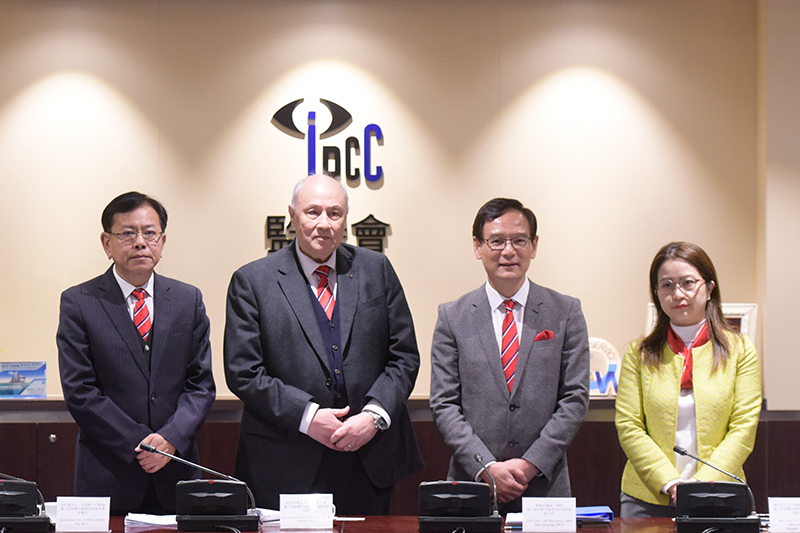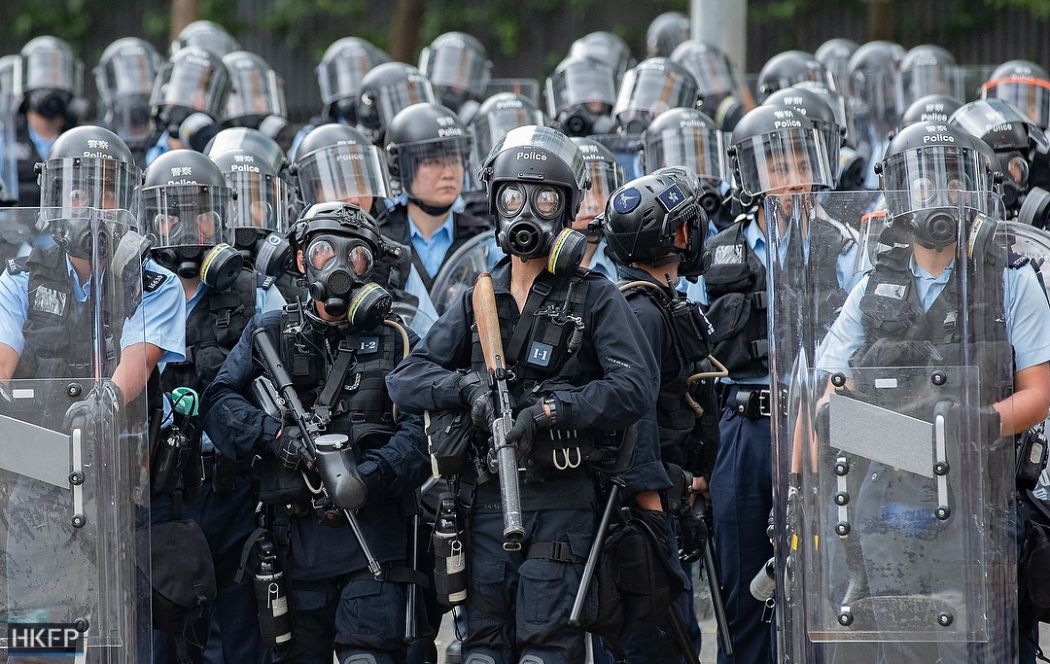Amnesty International has urged for the establishment of an independent investigation into the police handling of recent pro-democracy protests in Hong Kong, saying the current complaints system lacks investigative power and impartiality.
In a report released on Thursday, the NGO scrutinised the structure and capacity of two existing institutions which handle public complaints against the police – the Complaints Against Police Office (CAPO) and the Independent Police Complaints Council (IPCC). It concluded the current mechanisms “falls short of international law and standards” due to their lack of investigative power as advisory bodies, impartiality towards the Chief Executive, efficacy and independence, which it described as only in name.

The report accused the force of violating human rights in its handling of large-scale unrest, which erupted last June over a now-axed proposal to allow fugitives transfers to mainland China. The movement has since morphed into sometimes violent displays of dissent against police behaviour.
The NGO wrote that they had documented “unnecessary and excessive use of force” by officers including the use of live ammunition, projectiles which caused serious eye injuries, chemical irritants such as pepper spray and tear gas, batons and shields against protesters who “were not resisting.”
It also criticised the use of water cannon jets laced with liquid irritant and dye that “indiscriminately” marked individuals for identification later regardless of whether their involvement in the protest was violent or peaceful.
“The use of potentially lethal force by law enforcement officials is such a serious matter that it must be subject to particularly stringent controls, including thorough, independent and impartial investigations, allowing an assessment of the lawfulness of the use of force,” it read.

Regarding increasingly strained police-public relations, the report said there was strong evidence to suggest the force had failed to deescalate tensions: “On the contrary, through the frequent and often unnecessary use of vehement force as well as the persistent impunity for such behaviour, they have even fuelled tension further,” it read.
The report also accused officers of having aggressively obstructed journalists and other protest observers.
‘Effective’ mechanisms lacking
Amnesty also said the two institutions lacked effectiveness. Out of 5,338 complaints handled by CAPO from 2017 to 2019, only 3.5 per cent were considered substantiated and no police officers were prosecuted, according to IPCC statistics. Between 2010 and 2018, police only referred one case of officer misconduct for prosecution while the majority were given “advice” which was not recorded, it added.
A panel of foreign experts partaking in the IPCC’s fact-finding study stepped down last December 2019 and released a statement saying that the decision was made upon the Council’s lack of “powers, capacity and independent investigative capability.”

Police chief Chris Tang told the media on Monday that 21 police officers had been “reprimanded” over their conduct during the protests including an officer who drove his motorcycle into protesters last November.
No one was punished as a result of complaints related to the mob attack in Yuen Long last July. Amnesty’s report stated that “police inaction in the face of attacks by white-clad men on protesters, journalists and bystanders in Yuen Long on 21 July 2019 showed a clear failure to protect the rights to life and security of persons.”
When asked a by a reporter whether the police respected press freedom, Tang said: “We absolutely respect press freedom… [The police] have no intention of targeting reporters at protests but we noticed that not everyone wearing a press vest is a reporter, so we are cautious when enforcing the law.”
Independent commission of inquiry
Along with democrats, the Hong Kong Bar Association, and the UN High Commissioner for Human Rights who prompted an impartial investigation into police’s use of force, the report recommended the establishment of an independent commission of inquiry into human rights violations during the demonstrations. It should be composed of experts with competence and knowledge of policing, human rights, and gender-based violence who are independent of the government, the report suggested.

Citing a significant drop in approval ratings for Chief Executive Carrie Lam and the Hong Kong Police Force since the beginning of the protests, the report concluded that was an urgent need to remedy public distrust.
